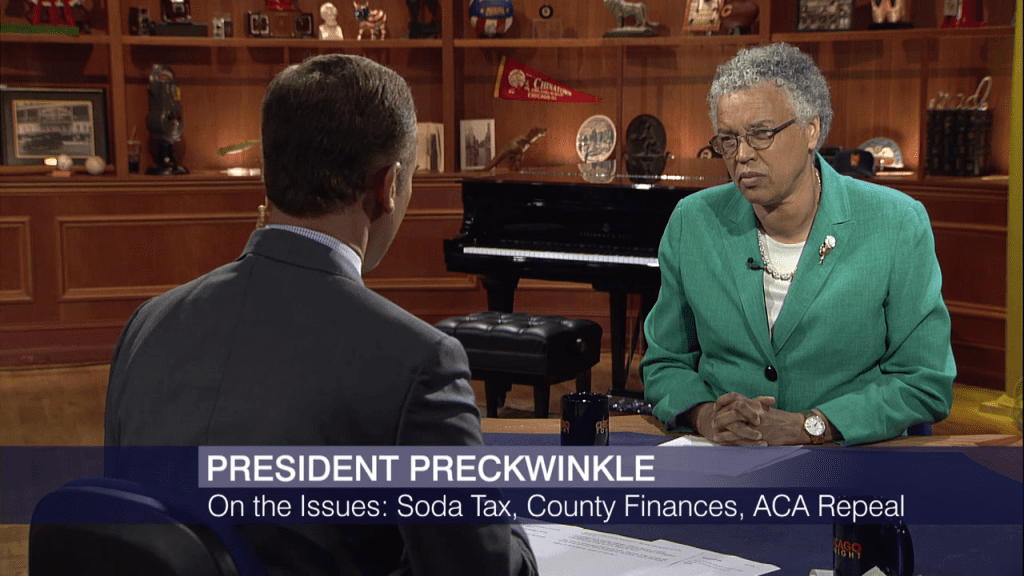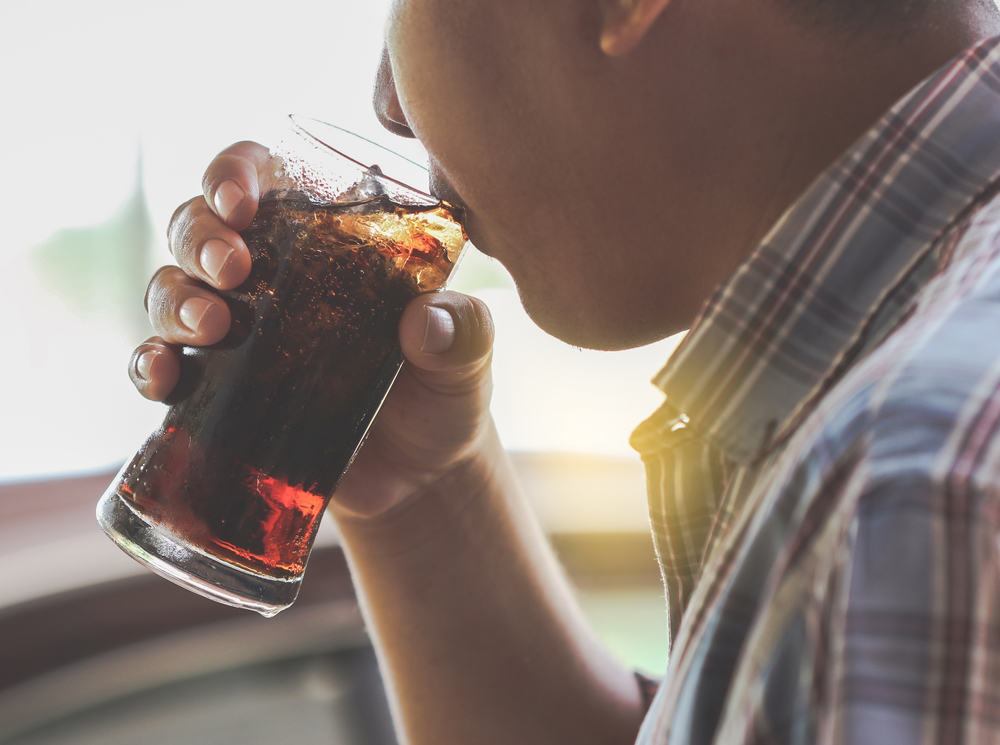
After plenty of backlash from all directions, the controversial sweetened beverage tax that went into effect just two months ago has inevitably been repealed.
For anyone who hasn’t paid attention to all the recent outrage, the tax called for $0.01 per ounce on retail sale of all sweetened beverages in Cook County, which specifically included soda, sports drinks, flavored water, energy drinks, and pre-made sweetened coffee or tea with less than 50% milk content. Beverages excluded from the tax included 100% natural fruit or vegetable juice, syrup and powder with no added sweetener, milk, soy, rice or similar milk substitutes that are the primary ingredient (more than 50%), infant formula, beverages for medical purposes, beverages for weight reduction or nutritional meal replacements, or any syrup or powder that people can mix with other ingredients to make a beverage.
Had the tax been carried out, it was anticipated that it could raise an estimate of over $500 million per year in revenue for the state, and significantly cut costs for health issues like obesity, according to a Harvard study shared by the Tribune. In theory, it sounds like a small sacrifice that could lead to big changes, but would it have really helped if enough people in Cook County are hell-bent on traveling elsewhere to get their sugar fix?
Former Mayor of New York City Michael Bloomberg is known for being a major proponent of such as tax, having attempted to pass something similar in New York in 2010. But even he couldn’t make moves against large beverage corporations, who obviously opposed a tax.
Despite being a known threat to our health and a large contributor to American epidemics like heart disease and diabetes, it seems that sweetened beverages aren’t something we’re in a hurry to dial back on. So, amidst Illinois’ current budget crisis, what will the answer be?
The beverage tax repeal will go into effect on December 1, 2017.
Source: Cook County Government


